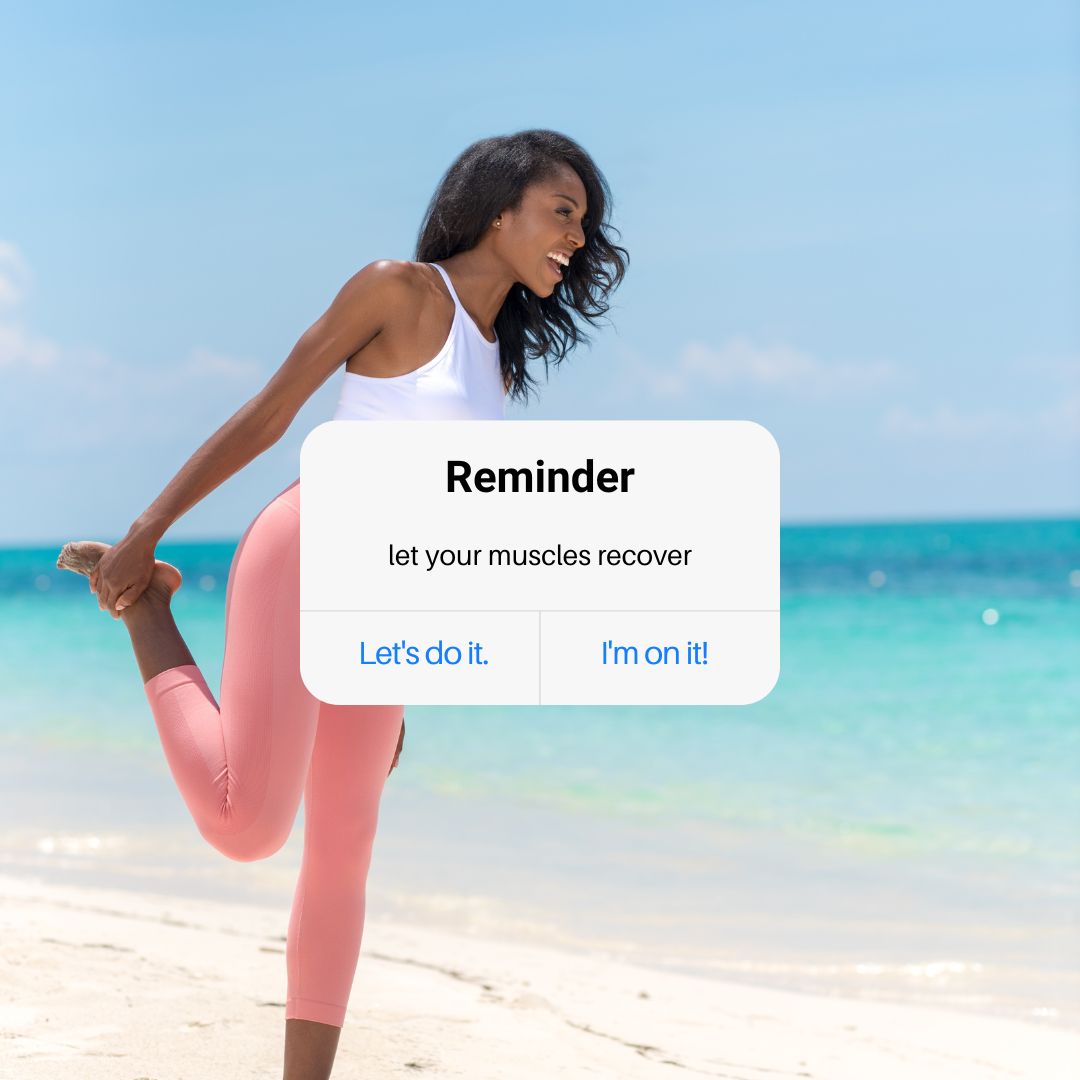Pageant fitness requires a balanced approach that not only builds strength and endurance but also promotes aesthetic tone and posture. But just as important as the workouts themselves is muscle recovery. Whether you’re preparing for a fitness competition or simply aiming to look and feel your best on stage, giving your muscles time to repair and rejuvenate is essential.
Here’s a breakdown of the best practices to ensure optimal muscle recovery and get you ready for the spotlight!
1. The Importance of Muscle Recovery
Muscle recovery is the process where your body repairs muscle fibers after a workout. When you strength train or engage in high-intensity cardio, you create tiny tears in your muscle tissue. Recovery is when those tears are healed, which allows the muscle to grow stronger and more defined. In pageant fitness, where definition and symmetry are key, skipping recovery can hinder your progress and lead to overtraining.
2. Rest Days Are Non-Negotiable
Rest days are just as important as training days. They give your muscles the time they need to rebuild. Aim for at least one full rest day per week, depending on your program. This doesn’t mean you have to be completely inactive—you can still engage in light activities such as walking or Pilates, which promote blood flow without overtaxing your muscles.
3. Stretching and Mobility Work
A comprehensive stretching routine after workouts can help elongate the muscles, improve flexibility, and reduce soreness. For pageant fitness, where a sculpted yet elegant posture is vital, stretching helps to maintain lengthened, toned muscles. Incorporate dynamic stretches pre-workout and static stretches post-workout to aid in muscle recovery.
- Dynamic Stretching: Prepares muscles for the workout and reduces the risk of injury.
- Static Stretching: Post-workout stretching lengthens muscles and releases tension.
4. Hydration and Nutrition
Hydration is key to muscle recovery. Water helps transport nutrients to your muscles, flushes out toxins, and keeps your body functioning at its peak. Aim to drink at least 8 glasses of water a day, more if you’re engaging in high-intensity workouts.
When it comes to nutrition:
- Protein: Essential for muscle repair. Make sure to include high-quality protein sources like chicken, fish, eggs, or plant-based options after your workout.
- Carbs: They help replenish glycogen stores that are depleted during exercise. Complex carbs like oats, sweet potatoes, and whole grains are ideal for sustained energy.
- Healthy Fats: Omega-3s, found in foods like salmon, flaxseeds, and walnuts, reduce inflammation and promote quicker recovery.
A well-balanced post-workout meal or snack within 30 minutes of your training session can make all the difference in how fast your muscles recover.
5. Massage and Foam Rolling
Self-myofascial release through foam rolling can help reduce muscle tightness and improve recovery. Foam rolling increases blood flow to the muscles and helps eliminate lactic acid buildup, which causes soreness. Regular massages, whether self-administered or professional, are another excellent way to prevent muscle stiffness and enhance recovery. This can also boost circulation and reduce inflammation, both crucial for maintaining that toned, balanced physique.
6. Sleep for Muscle Recovery
Sleep is the foundation of muscle recovery. During deep sleep, your body releases growth hormones that aid in tissue repair. Aim for 7-9 hours of quality sleep each night. Create a sleep-friendly environment by maintaining a consistent schedule, keeping the room dark, and limiting screen time before bed.
7. Active Recovery
Low-intensity activities, like walking, swimming, or light cycling, can promote active recovery. These exercises increase blood flow, which delivers nutrients to the muscles, speeds up the removal of waste products, and reduces stiffness. In pageant fitness, where your goal is to build lean muscle without bulk, active recovery ensures you stay mobile and limber between intense training days.
8. Supplements for Recovery
If you’re looking to enhance your muscle recovery, certain supplements can provide an extra boost:
- BCAAs (Branched-Chain Amino Acids): Support muscle repair and reduce soreness.
- Magnesium: Helps with muscle relaxation and reduces cramps.
- Collagen: Can support joint health, which is vital when engaging in intense physical activity.
9. Mind-Body Connection
Stress and mental fatigue can hinder physical recovery. Incorporating mindfulness practices like meditation or gentle yoga not only calms the mind but also helps relax the muscles. As pageant preparation can be mentally taxing, focusing on mental recovery can translate to better physical performance and muscle recovery.
Pageant fitness is about balance, poise, and endurance, but without proper muscle recovery, all your hard work in the gym could go to waste. By incorporating these recovery techniques—rest days, stretching, hydration, sleep, and more—you’ll not only optimize your fitness results but also bring your best physique to the stage.
Remember, recovery isn’t just about rest; it’s about giving your muscles the attention they need to rebuild stronger and more sculpted. Keep your recovery routine as disciplined as your workouts, and you’ll walk onto that stage with strength, grace, and confidence!
